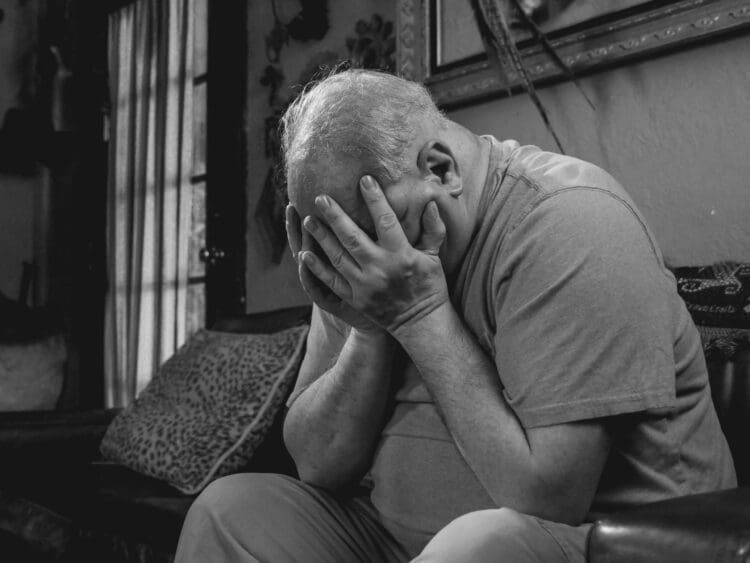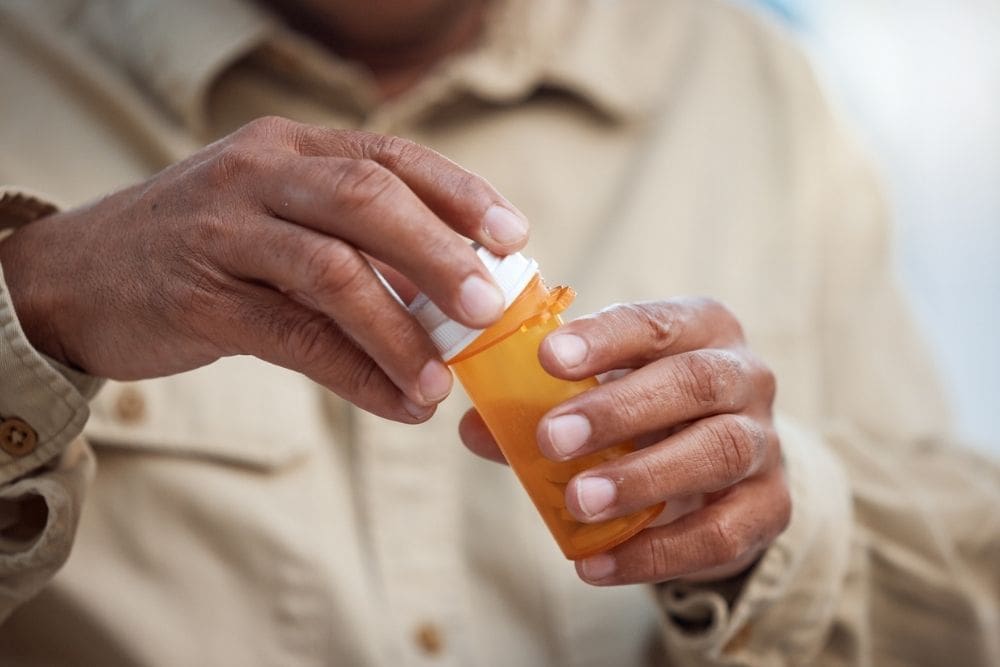Recovery from addiction is a lifelong process. Sometimes it feels like hard work, conquering cravings one day at a time, and other times it can feel beautifully easy. But when it’s hard, it’s hard, and a slip or relapse can threaten your health and perhaps even your life. One crucial aspect of relapse prevention is taking care of your mental health. In this post, we’ll look at one possible pitfall that can threaten sobriety: depression.
Why Depression Can Develop in Recovery
Maybe you have already been diagnosed with depression and know that you need to stay on top of your treatment plan to keep yourself mentally and physically strong. Or maybe you’re in early recovery and experiencing full-force all of the difficult feelings that substance use protected you from. Or maybe you’ve been in recovery a long time and are just now faced with an onslaught of mental health struggles.
In some ways, it makes sense that depression might afflict those in addiction recovery, especially at first. Recovery requires major life changes: you might need to leave behind old friends who don’t support your sobriety, quit a stressful job, or even move to a new location to get away from negative influences. All of these things can contribute to a sense of grief, which may develop into depression without intervention.
Depression can come in many forms, and if you think you might be depressed, reach out to your doctor or therapist for a diagnosis. The sooner you treat your depression, the better.
Symptoms of Depression
Major depressive disorder (also called clinical depression) is usually diagnosed if you have experienced one or more of the following symptoms severely for at least two weeks:
- Low or depressed mood
- Loss of interest in activities you used to enjoy
- Retreat from social life, maybe even avoidance of close family and friends
- Weight loss or weight gain due to changes in appetite
- Inability to sleep well
- Tiredness
- Difficulty concentrating
- Feeling unworthy or excessively guilty
At its worst, major depressive disorder can cause thoughts of suicide. If you are feeling suicidal, contact help immediately. Call or text 988, the Suicide & Crisis Lifeline. The lifeline is open 24/7, the call or text is free, and the conversation is confidential.
Types of Depression
If you have many of the above symptoms that are not as severe and that seem to come and go but never fully go away, you may have persistent depressive disorder. To be diagnosed with persistent depressive disorder, you must have experienced a low, sad mood, along with some of the other symptoms of clinical depression, for at least two years.
Please note: This does not mean that you should wait two years to seek treatment. Especially if you are in addiction recovery, it’s important to notice any changes in your mental health and address them immediately. A therapist or psychiatrist may not give you an official diagnosis, but they can still offer support and treatment, as well as help you monitor symptoms.
There are several other types of depression, including depression that arises in response to a difficult life situation or medical issue, and depression related to the menstrual cycle. To learn more about these and other types of depression, visit the Anxiety & Depression Association of America website.
Treating Depression in Addiction Recovery
Because almost all types of depression involve fatigue and feelings of low self-esteem, this makes it especially hard to combat the psychological cravings that arise in addiction recovery. But as a person in recovery, you might wonder if it’s safe to take medication for your depression. After all, you’ve broken your dependence on one or more substances already – why would you choose to become dependent on antidepressants?
The bottom line is that antidepressants are not addictive and are often a life-saver for those struggling with co-occurring depression and substance use disorder. It’s true, however, that antidepressants will likely cause dependence. This simply means that the brain becomes used to the medication and may display withdrawal symptoms when the medication is discontinued. Unlike addictive substances, however, antidepressants don’t create psychological or physical cravings. Also, the effects of withdrawal are minimal for most people who wean themselves off of antidepressants at the pace recommended by their doctor.
In addition to or instead of medication, therapy is an evidence-based treatment for depression. Several types of therapy are very effective, including cognitive-behavioral therapy, which you may already be familiar with from your addiction treatment program.
Caring for your mental health is part of caring for your sobriety. If you feel unusually sad, and if it’s lasted longer than it normally does for you, reach out to your doctor or therapist for guidance. And if you’re worried you might relapse or have already relapsed, know it’s not too late to get back on track. Contact St. Gregory Recovery Center in Iowa and let us help you find your path again.




